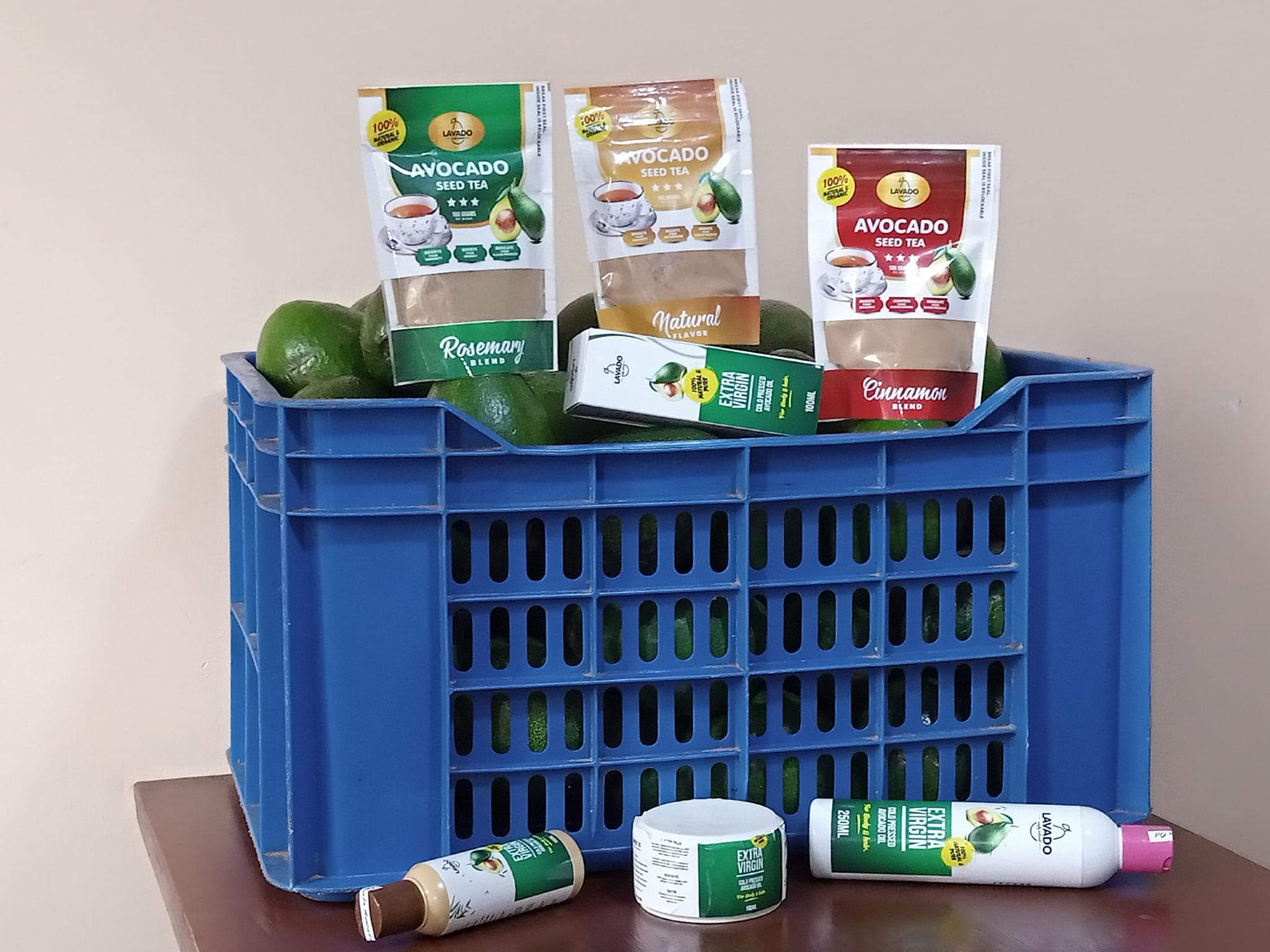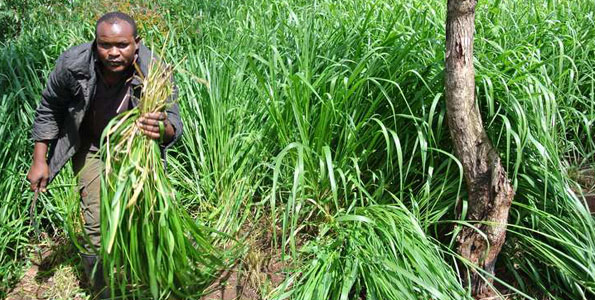
By George Munene
Uganda agripreneur Godfrey Kiberu, is shining a light on the potential for value addition of Africa's abundant avocado harvest which often goes to waste.
“If we can value add the abundant avocados grown in the continent, we can be able to reduce the impact of relying on palm oil imports and create a ready market for our farmers,” he explained.
Across Africa, the price of cooking oil has risen on average by 30 per cent owing to the Ukrainian crisis, export restrictions by palm oil-producing countries, and high demand and low supply of palm oil in the global market.
Kiberu sources the avocadoes from smallholder farmers across Uganda. He extracted oil by processing it using a locally fabricated machine after sun drying the fruit’s flesh.
Related News: Wastage & soaring cooking oil prices point farmers to avocado value addition
Related News: Chinese traders plan on increasing Kenyan avocado imports
His pressed oil products are sold through the Lavado Oil brand as cooking oil avocado seed tea and as a cosmetic.
His company was recently the recipient of a Sh6M ($50,000) grant from the World Food Program (WFP) as part of its program pushing for the redesigning of food systems in Africa to reduce shortages occasioned by global crises.
“Currently, we can only produce 100 liters of oil every month as we are using very rudimentary methods, with this grant, we will push this to 1,000 liters,” Kiberu said.
Related News: Horticulture directorate revises avocado export harvesting requirements
“We are looking to fund African smallholder farmers and agripreneurs with extraordinary ideas that not only make them self-reliant but grow and be sustainable producers of food not only for their households but for their communities and the wider country. This will help build more reliable food systems in the continent,” highlighted WFP’s Uganda Deputy Director.
Once he has the new machinery and is able to ramp up production, Kiberu’s Lavado Natural Oils is expected to hit the local market in a few months.
Write comment (0 Comments)
















